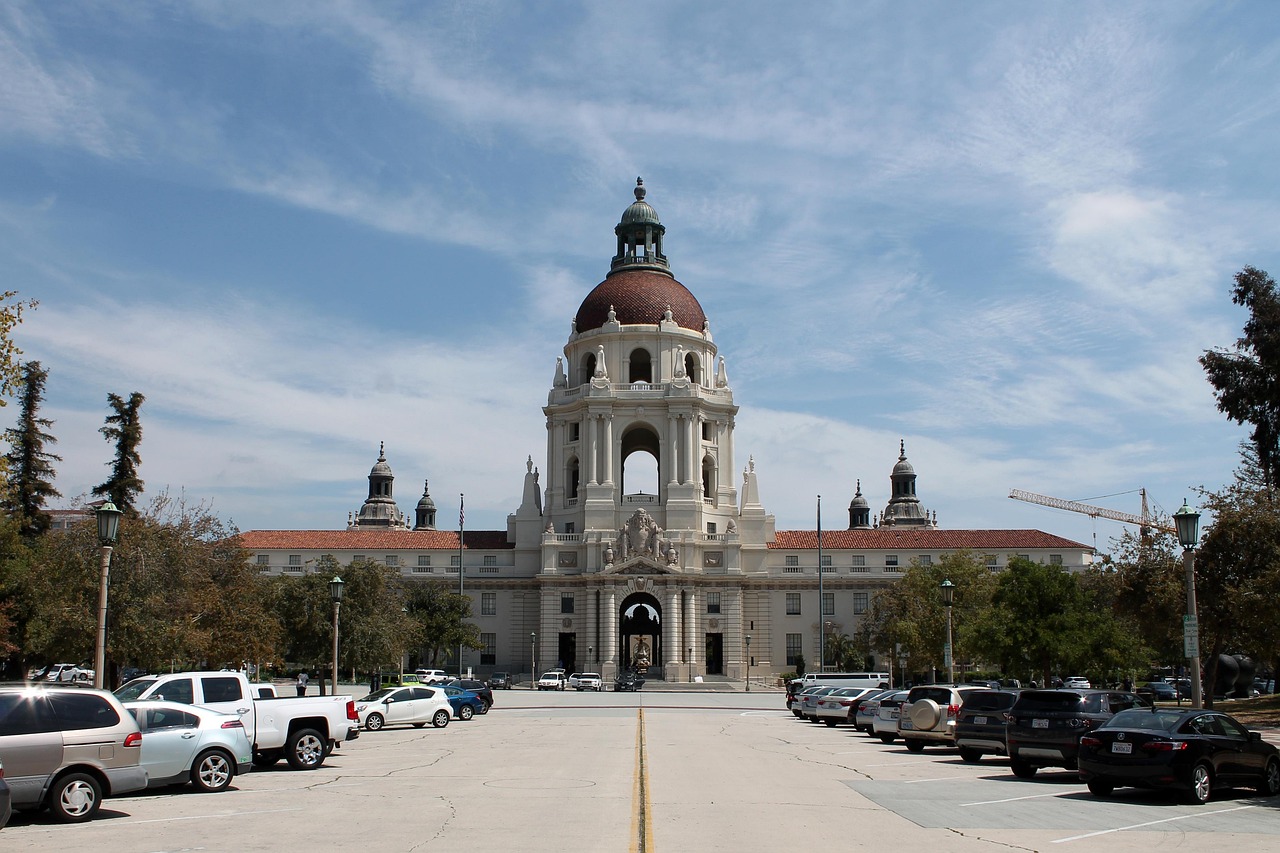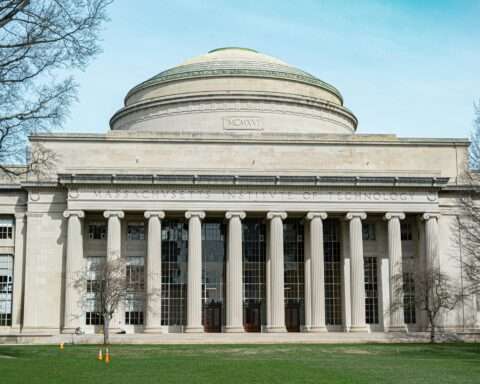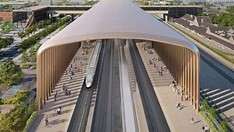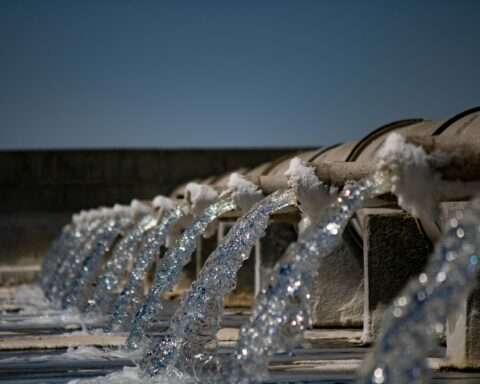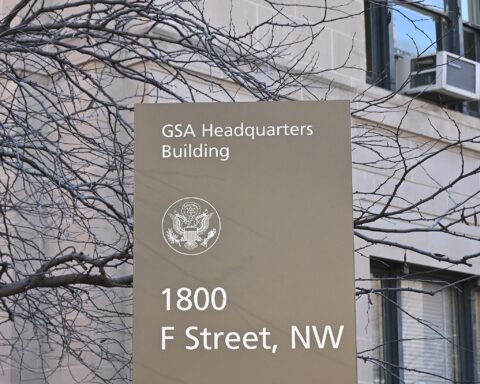The city of Pasadena, California, is planning nearly $2.5 billion in infrastructure projects and capital improvements over the next five years.
The Pasadena City Council approved a new Capital Improvement Program (CIP) for fiscal years (FY) 2026-2030, outlining the city’s growing list of infrastructure needs and future projects. Approved unanimously, the city’s new CIP guides vital infrastructure projects and guide lawmakers’ funding strategies.
Through the CIP, the city outlines 218 active projects that are poised to improve the condition, quality and safety of Pasadena’s infrastructure, services and roads. While the plan tackles current needs, the CIP highlights the city’s growing emphasis on street resurfacing, trail restoration and transitioning toward carbon-free energy.
The CIP is anticipated to cost $2.46 billion, with nearly $880 million of this funding already obligated through FY 2025. The city expects $37.68 million in funding through state and federal grants.
For FY 2026, Pasadena will allocate approximately $446 million to CIP projects, with the majority of funding directed to Pasadena Water & Power, which is responsible for the city’s public utilities and utility infrastructure. About $37 million is earmarked for other infrastructure needs and approximately $32 million will support the city’s operating companies.
The CIP budget includes $109.62 million to support Pasadena’s existing power mandates, which directs city management to shift the city’s power to zero-emissions electricity by 2030. Pasadena Water & Power will upgrade the city’s energy infrastructure to support more than 100 megawatts of local solar power.
City officials note that increasing investments for streets and streetscapes improves the city’s overall ratings on the Pavement Condition Index (PCI). While not fully addressing the current backlog of maintenance projects, the new CIP budget will allocate $120 million to 12 street projects and recommend $17 million in additional funding to eight continuing projects.
Pasadena’s street projects will coincide with several lighting improvement initiatives throughout the city, including more than $42 million appropriated over the next five years.
Sewer and stormwater infrastructure will also be prioritized under the city council’s new CIP budget. The city will appropriate $94.7 million to nine sewer and storm drain projects while allocating $37.3 million in funding through FY 2025.
The largest sewer and stormwater project is the Jefferson Park Stormwater Capture Project, which is anticipated to cost $16.4 million. However, this project, like several others, is still in search of additional funding, including grants, loans and public or private investments.
City transportation staff are actively pursuing grant funding to construct zero emissions infrastructure and develop the city’s charging network, according to a city council memo. Pasadena DOT notes more than $25 million in existing grant obligations to purchase hydrogen fuel electric buses and associated charging infrastructure.
Outside of existing and in-progress projects, the city will need to secure an additional $1.13 billion in funding for CIP projects. The approved CIP budget will be enacted to start the next FY, which begins July 1.



